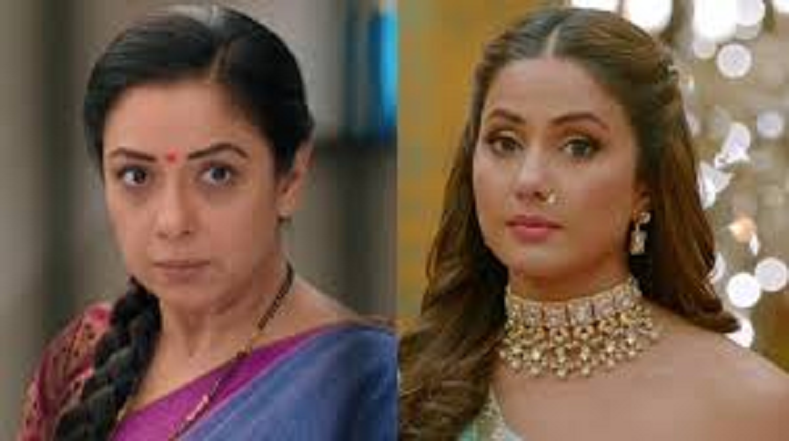“Films Are More Powerful Than Books”: What Dr. Ambedkar Really Said About Bollywood and Indian Society
- byPranay Jain
- 22 Apr, 2025

As debates rage over the film Phule and its alleged portrayal of caste-based issues, it’s worth turning the spotlight back on one of India’s greatest minds — Dr. B.R. Ambedkar, the architect of the Indian Constitution — and what he actually said about cinema and its role in society. Far from being dismissive of films, Ambedkar saw cinema as a revolutionary tool for social reform, particularly in the fight against casteism and inequality.
Ambedkar on Cinema: “A Medium for Upliftment”
In a rare and revealing interview published in the June 1942 issue of Film India, Dr. Ambedkar hailed cinema as a transformative force in a country still struggling with deep-rooted caste divisions. At a time when India was still fighting for independence, he recognized that films could ignite another kind of freedom — freedom from social oppression, discrimination, and ignorance.
“Cinema is the most suitable medium for social reform. It can break caste chains and awaken the feeling of equality in the hearts of people,” Ambedkar said.
Cinema: A New Kind of Textbook
Though Ambedkar openly admitted that he wasn’t a film buff — having watched only about a dozen films in his life — he still considered films to be more powerful than books when it came to public education.
“You make full use of all your senses while watching a film. This makes learning easier and more impactful.”
He advocated for using cinema to educate rural and urban populations about everything from health and hygiene to gender roles, family planning, and humanism.
He Praised Films That Educate, Not Entertain
Ambedkar cited a film he had seen, Birth of a Child, which had no big stars and was still deeply impactful. It tackled adolescence, family health, and childcare — proving that films need not be commercial blockbusters to be influential.
“Our people should be taught how to live, how to think, how to treat one another — cinema can do all of this far better than lectures or textbooks,” he explained.
Attack on Brahmanism, Not Brahmins
Ambedkar made a clear distinction in his views — he criticized Brahmanism, the ideology of caste superiority, not Brahmins as individuals. He saw cinema as a way to challenge this dominance and provide a voice to the oppressed, adding:
“India has been taken over by Brahmanism. Cinema can be the artistic medium that breaks this monopoly.”
Cinema Must Be Taken Seriously
Ambedkar criticized the film industry’s obsession with mythological stories and outdated fantasies, urging producers to shift their focus toward real issues that affect real people. For him, progressive storytelling was not just art — it was a responsibility.
A Warning and a Hope
He concluded with a message that remains relevant today: films must be respected, regulated, and redirected towards building a better society — not dividing it.
“Everyone has the right to entertainment, but no one has the right to misuse the power of cinema. Let us use it to educate, to uplift, to unify.”






